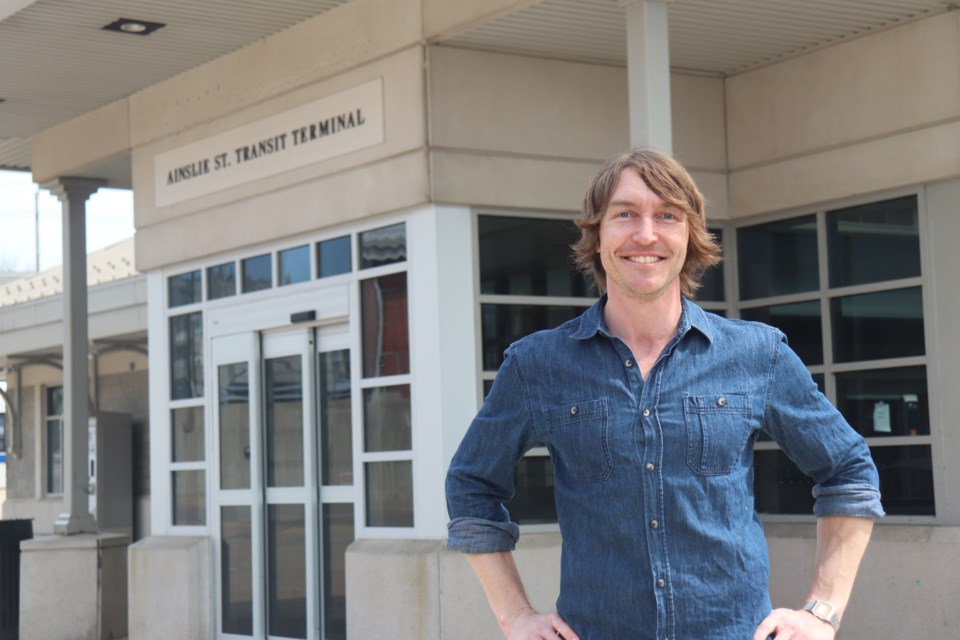Growing up in the small town of Tottenham, Ontario, Ward 7 councillor Scott Hamilton knows what it’s like to have to rely on a vehicle to access important amenities for every day living.
He's also experienced the other side of the equation. When he made his way overseas to continue his studies in university, he had everything at his fingertips.
“I did my master's at the University of Oxford and my PhD in London and didn’t have or need a car for six years,” Hamilton said.
“It was extremely convenient. When you live in a place where it's only going to take 15 minutes to get anywhere, it's very freeing.”
By definition, a 15-minute neighbourhood is an urban planning concept in which daily necessities such as work, grocery stores, education, healthcare and leisure are all within a 15 minute walk or bicycle ride.
But at a time when social media influences the way many see the world, and with conspiracy theories running rampant, some believe the ideas around 15-minute neighbourhoods are a concerning way for the government to control how people live their lives.
Some believe it will get to a point where residents can't use their cars on certain roads without government consent, and constant surveillance will be in place to ensure people don't leave their designated areas.
“There’s a general concern that's been floating around after COVID, a general sense of unease,” he said.
“Anytime you hear the government trying to implement a new form of living, people automatically become concerned that they'll lose their rights. It was a traumatic experience that created this strange environment around government restrictions. We’ve moved on from that, but a lot of people have taken those fears and anxieties and juxtaposed them to other social situations.”
Having lived in an environment where his needs were met within a walk or a bike ride, Hamilton says it’s critical to truly understand the concept before rushing to judgment.
“The way they're designed, there's no discrete barriers or borders,” he said.
“You have overlapping areas where all the amenities are available. There’s an increased sense of community. You can still have your cars, you just won't need them.”
Laine Young, a contract teaching faculty member at Wilfrid Laurier University, is currently overseeing a group of students doing a Capstone project looking into 15-minute neighbourhoods in partnership with the City of Cambridge.
Young says the benefits of 15-minute neighbourhoods can be far reaching.
“The 15-minute neighbourhood is an urban planning model that promotes accessibility and inclusivity within a community,” she said.
“It’s about promoting local businesses and economic development. It's about developing a community that is more equitable and relies less on processes that harm the environment, and encouraging community independence and self-reliance.”
They’re also not a new concept, with Young pointing to Paris, France as an example. Ottawa, Portland, Oregon and Barcelona, Spain are other cities Young says have visions for the concept.
All this doesn’t mean there aren’t concerns with the idea and considerable planning and thought that need to go into it.
Hamilton points out that making sure amenities and resources are equitably distributed is important piece of making the concept work.
While it may be tough to have 15-minute neighbourhoods in Cambridge, it’s certainly possible with some of the groundwork already in place, Hamilton says.
“It’s going to be tough due to the way the city has been designed around cars,” he said.
“I think it’s feasible but its going to take time, maybe in five, 10 or 20 years it can happen. We did have this idea before with Galt, Hespeler, Preston and Blair. Our region is growing like crazy. We need to return to the logic that everything we need is within a walk or a bike ride and start planning it today.”



